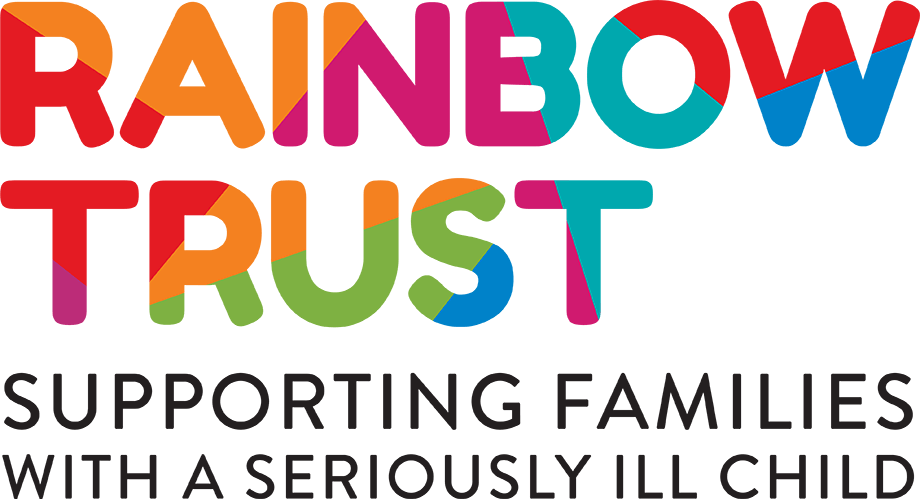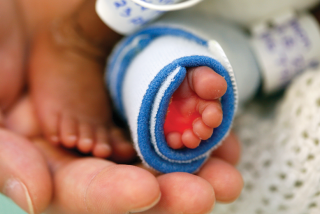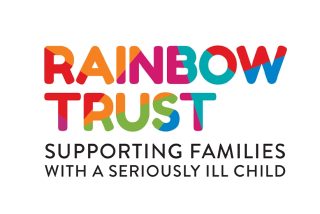Date published: 06 December 2022 by Katie Inglis
Rainbow Trust welcomes several aspects of the Chancellor’s Autumn Statement (17 November 2022) but is concerned that this announcement does not go far enough in ensuring that families with a seriously ill child are not plunged into avoidable crisis situations as a result of the cost of living crisis.
Chief Executive, Zillah Bingley says:
I was pleased to hear the Chancellor announce targeted support for vulnerable households, in particular the increase in benefits in line with inflation, the additional £900 to households on means-tested benefits and £150 to people on disability benefits. This paired with the extension of the Energy Price Guarantee (albeit at a higher cap) will certainly go some way towards easing the financial burden on families.
However, we are also concerned that, despite these financial support measures, vulnerable families will continue to struggle to make ends meet as they face an increase in their energy bills from April next year when the cap is raised to £3000, alongside potentially increased council tax bills. The Government must recognise that the hike in energy costs has a disproportionate impact on families with a seriously ill child as they already face greater energy costs as a result of powering life-saving equipment, having to maintain stable heating as some conditions are triggered by changes in temperature and extra washing due to incontinence issues. The announced price hikes will undoubtedly impact these families immensely and could lead to devastating consequences.
As for the Chancellor’s commitment to publishing a comprehensive workforce plan next year, this is certainly welcomed. It is clear the health and social care sector has been facing significant issues associated with workforce retention, over stretched staff and backlogs in care, so we are hopeful this review will help to highlight and address many of these issues.
Rainbow Trust echo the calls made by Andy Fletcher, CEO of Together for Short Lives that any plan must be accompanied by investment in education and training, including for children’s palliative care nursing.
We were also pleased to see the Government commit to an increase in the core schools budget. We seek confirmation that part of this funding will go towards supporting children with special educational needs or disabilities and those children who may struggle with their education as a result of the challenges brought upon by serious medical conditions.
Finally, as we approach winter, we hope the Government will urgently consider the needs of families with a seriously ill child and recognises how they continue to be disproportionately disadvantaged by the cost of living crisis.




